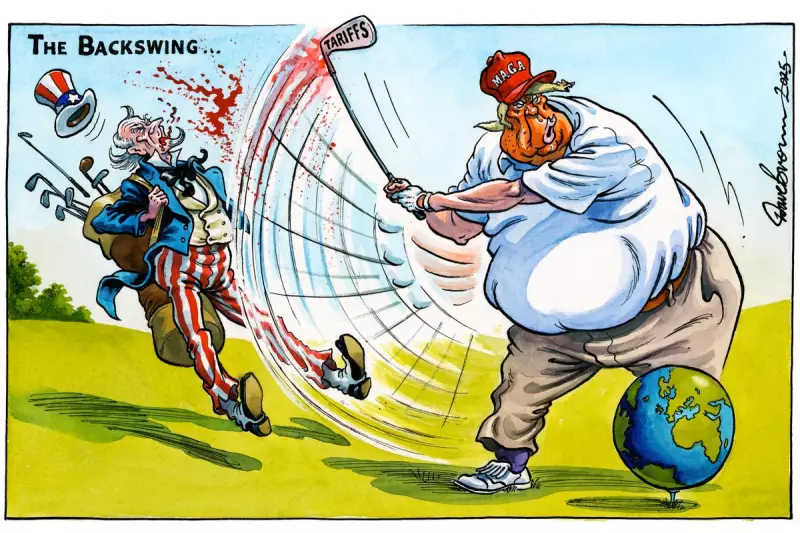
Donald Trump’s legacy of trade wars and punitive tariffs continues to reverberate across global markets, with key allies like Canada and strategic rivals such as China facing significant economic strain. What was once touted as a strategy to protect American industries has instead sparked retaliatory measures, disrupted supply chains, and soured diplomatic relations.
The Tariff Fallout
During his presidency, Trump imposed sweeping tariffs on steel, aluminium, and a range of Chinese goods under the guise of protecting US jobs. However, these measures have had unintended consequences. Canada, America’s closest trading partner, retaliated with its own tariffs on US products, from whiskey to agricultural goods, escalating tensions between the two nations.
China’s Strategic Response
Meanwhile, China, a primary target of Trump’s trade offensive, adapted by diversifying its supply chains and strengthening economic ties with other nations. Beijing’s calculated response has left the US grappling with inflationary pressures and supply shortages, particularly in critical sectors like technology and manufacturing.
Long-Term Economic Damage
Economists warn that the ripple effects of these tariffs are far from over. US consumers now face higher prices for imported goods, while American exporters struggle with diminished access to key markets. The Biden administration has rolled back some measures, but the damage to international trust remains.
A Lesson in Trade Diplomacy
Trump’s aggressive approach serves as a cautionary tale—trade wars are rarely won unilaterally. As global economies become increasingly interconnected, punitive tariffs risk isolating the US rather than empowering it. The question now is whether future administrations will prioritise collaboration over confrontation.





